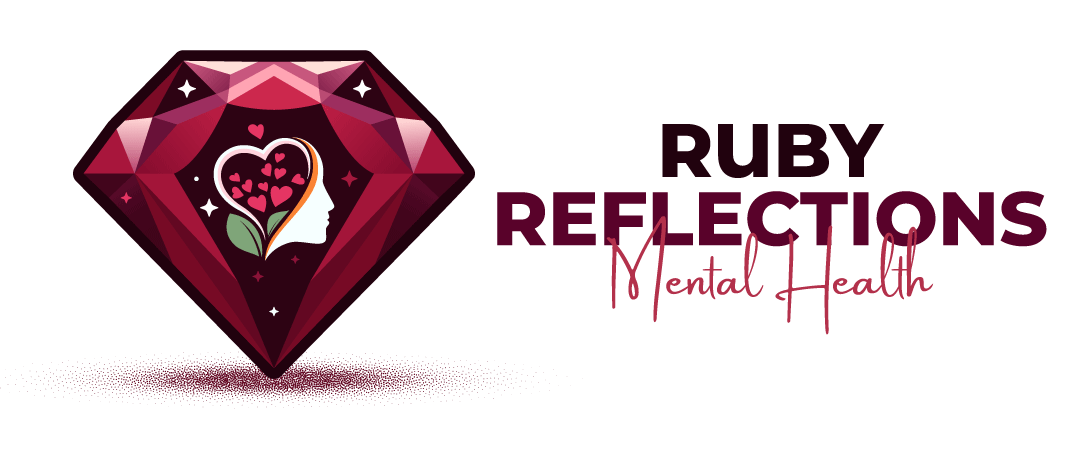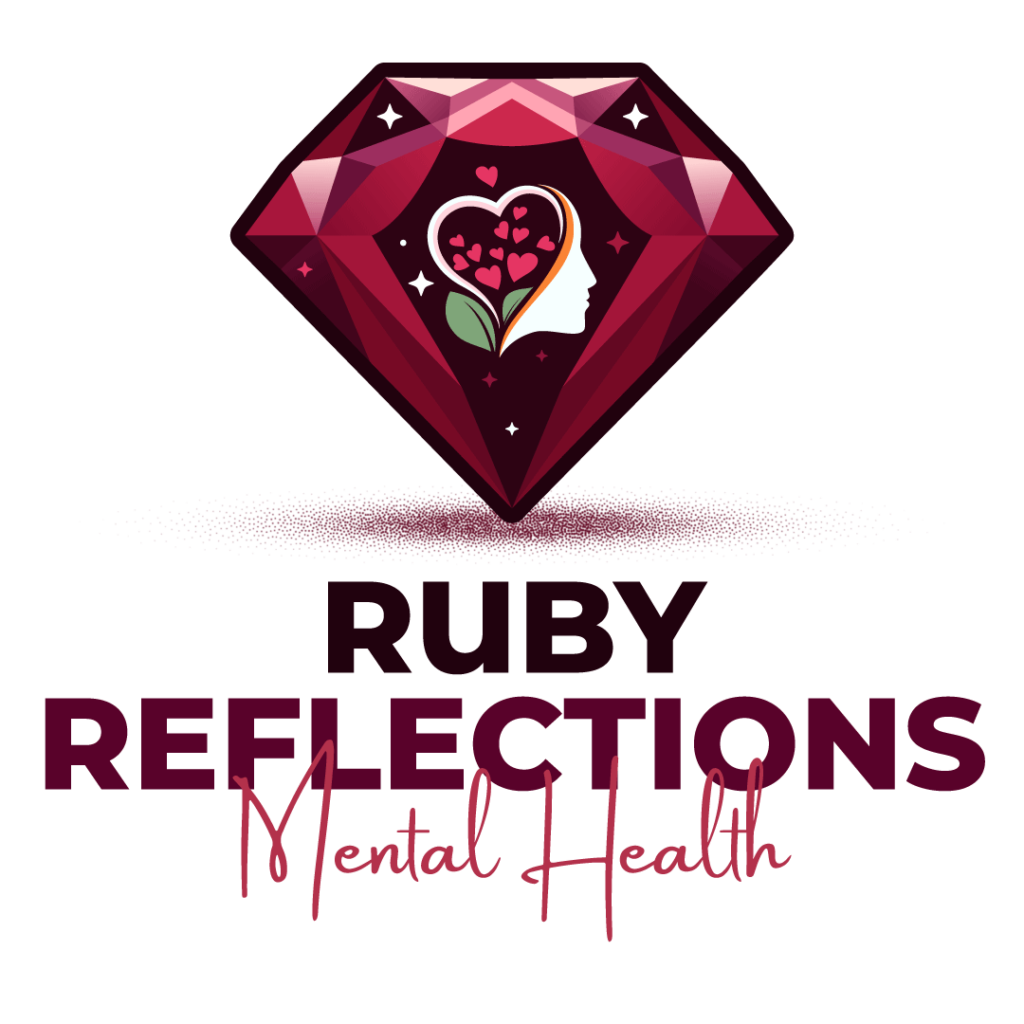Eating Disorders
Definition
Eating disorders are serious mental health conditions characterized by abnormal eating habits and a preoccupation with body weight or shape. These disorders can have severe physical and psychological consequences. Common types of eating disorders include anorexia nervosa, bulimia nervosa, and binge-eating disorder.

Types and Symptoms
Symptoms of anxiety disorders can vary depending on the specific disorder but often include:
Anorexia Nervosa
● Extreme Restriction: Limiting food intake to a point of starvation.
● Intense Fear of Gaining Weight: An overwhelming fear of becoming fat, even when underweight.
● Distorted Body Image: Seeing oneself as overweight despite being significantly underweight.
● Physical Symptoms: Extreme weight loss, thin appearance, fatigue, insomnia, dizziness, bluish discoloration of fingers, hair that thins, breaks, or falls out, absence of menstruation in females, and severe constipation.
Bulimia Nervosa
● Binge Eating: Consuming large amounts of food in a short period, accompanied by a sense of loss of control.
● Compensatory Behaviors: Engaging in behaviors such as vomiting, excessive exercise, or misuse of laxatives to prevent weight gain.
● Body Dissatisfaction: Preoccupation with body weight and shape.
● Physical Symptoms: Inflamed sore throat, swollen salivary glands, worn tooth enamel, severe dehydration, and electrolyte imbalances that can lead to heart problems.
Binge-Eating Disorder
● Recurrent Binge Eating: Eating large quantities of food in a short period without regular use of compensatory behaviors.
● Loss of Control: Feeling unable to stop eating during binge episodes.
● Distress About Binge Eating: Feeling distressed, ashamed, or guilty about eating habits.
● Physical Symptoms: Weight gain, obesity-related health problems, such as diabetes, high blood pressure, and heart disease.
How We Can Help
Supporting individuals with eating disorders involves a comprehensive approach that includes psychological therapies, nutritional counseling, medical care, and social support. Here’s how we can help:
Psychoeducation
Providing information about eating disorders to individuals and their families to improve understanding and management of the condition.
School and Workplace Support
Assisting with accommodations at school or work to support the individual's recovery and reduce stress, such as flexible schedules or reduced workload.
Regular Monitoring
Regular medical check-ups to monitor health parameters such as weight, blood pressure, and electrolyte levels to prevent and manage complications.
Treatment of Medical Complications
Addressing any physical health issues that arise from eating disorders, such as malnutrition, heart problems, or digestive issues.
Support Groups
Connecting individuals with peer support groups where they can share experiences and receive support from others who understand their struggles.
Family Involvement
Involving family members in understanding eating disorders and supporting the individual's recovery process.
Community Resources
Providing access to community resources such as counseling centers, support groups, and educational workshops.
Healthy Routine
Establishing regular meal times and incorporating healthy food choices into daily routines.
Stress Management
Teaching stress reduction techniques like mindfulness, relaxation exercises, and yoga to help manage stress and reduce reliance on unhealthy eating behaviors.
Positive Body Image
Promoting activities and practices that enhance body positivity and self-acceptance.
Registered Dietitian Support
Working with a registered dietitian to develop a balanced meal plan that meets nutritional needs and promotes healthy eating behaviors.
Nutritional Education
Providing education about proper nutrition, the importance of a balanced diet, and how to develop a healthy relationship with food.
Cognitive Behavioral Therapy (CBT)
CBT helps individuals identify and change distorted thinking patterns and behaviors related to food, body image, and self-esteem. It is effective in treating various eating disorders.
Dialectical Behavior Therapy (DBT)
DBT focuses on teaching coping skills to manage stress, regulate emotions, and improve relationships, which can be beneficial for individuals with eating disorders.
Family-Based Therapy (FBT)
FBT, also known as the Maudsley method, involves family members in the treatment process, especially for adolescents with anorexia nervosa. It focuses on empowering parents to help their child restore healthy eating patterns.
Reach Out
If you're going through a tough time with your mental health and thinking about Eating Disorders, please reach out to us.
Many people have found relief and improved their mental health through appropriate Eating Disorders.
Don't hesitate to get in touch if you have questions or if you're ready to learn more about Eating Disorders as part of your treatment.

Contact
- TX/WA: 469-250-1544
- NY/NJ: 347-378-3144
- info@rubyreflectionsmh.com
- Dallas, TX 75227
- Brooklyn, NY 11249
- Jersey City, NJ 07310
- Seattle, WA 98104
- Monday- Saturday (0800-2100)
- Sunday (closed)
Copyright © 2024 Ruby Reflections. – Psychiatric Evaluation. All Rights Reserved.


